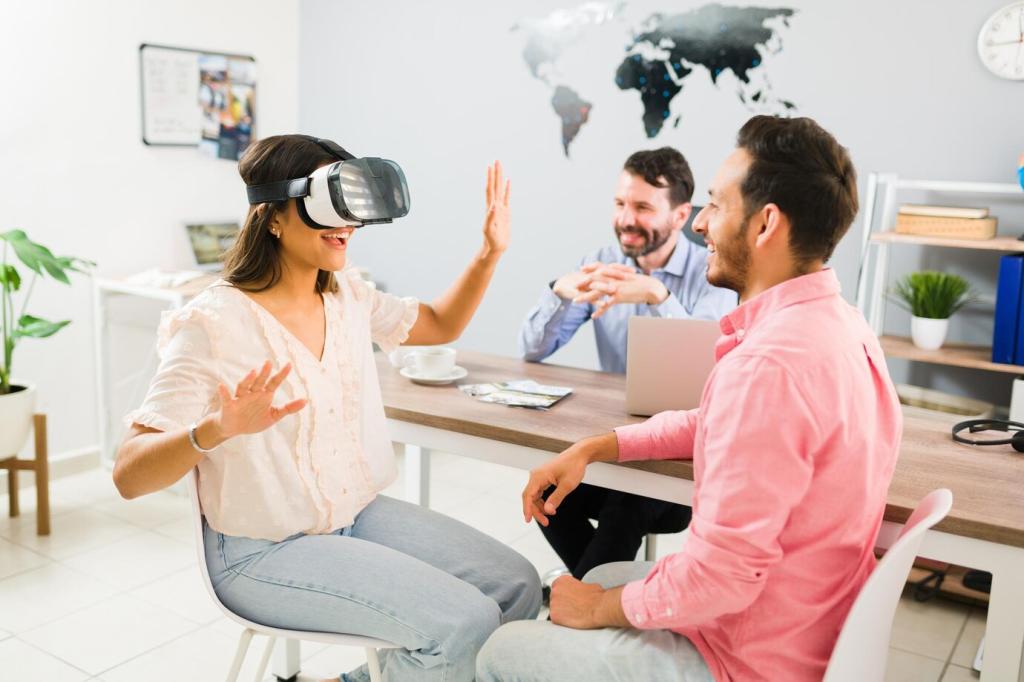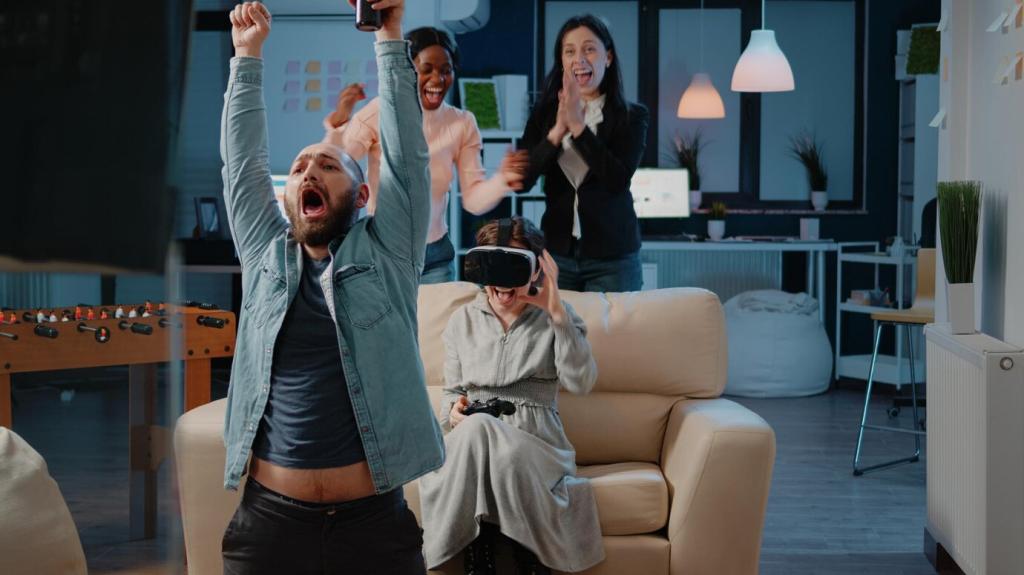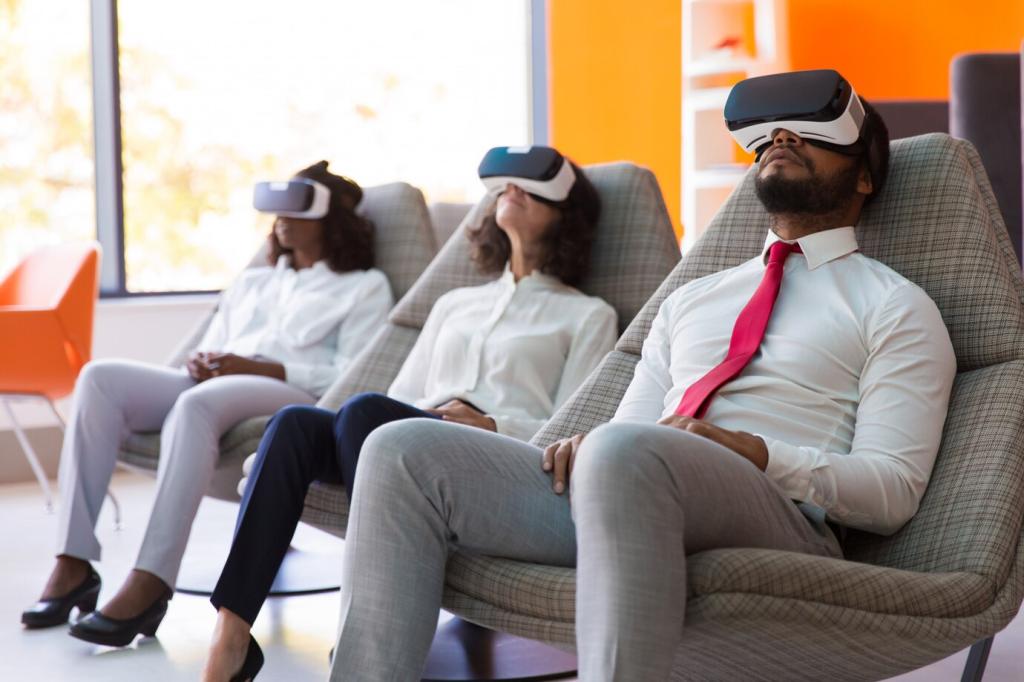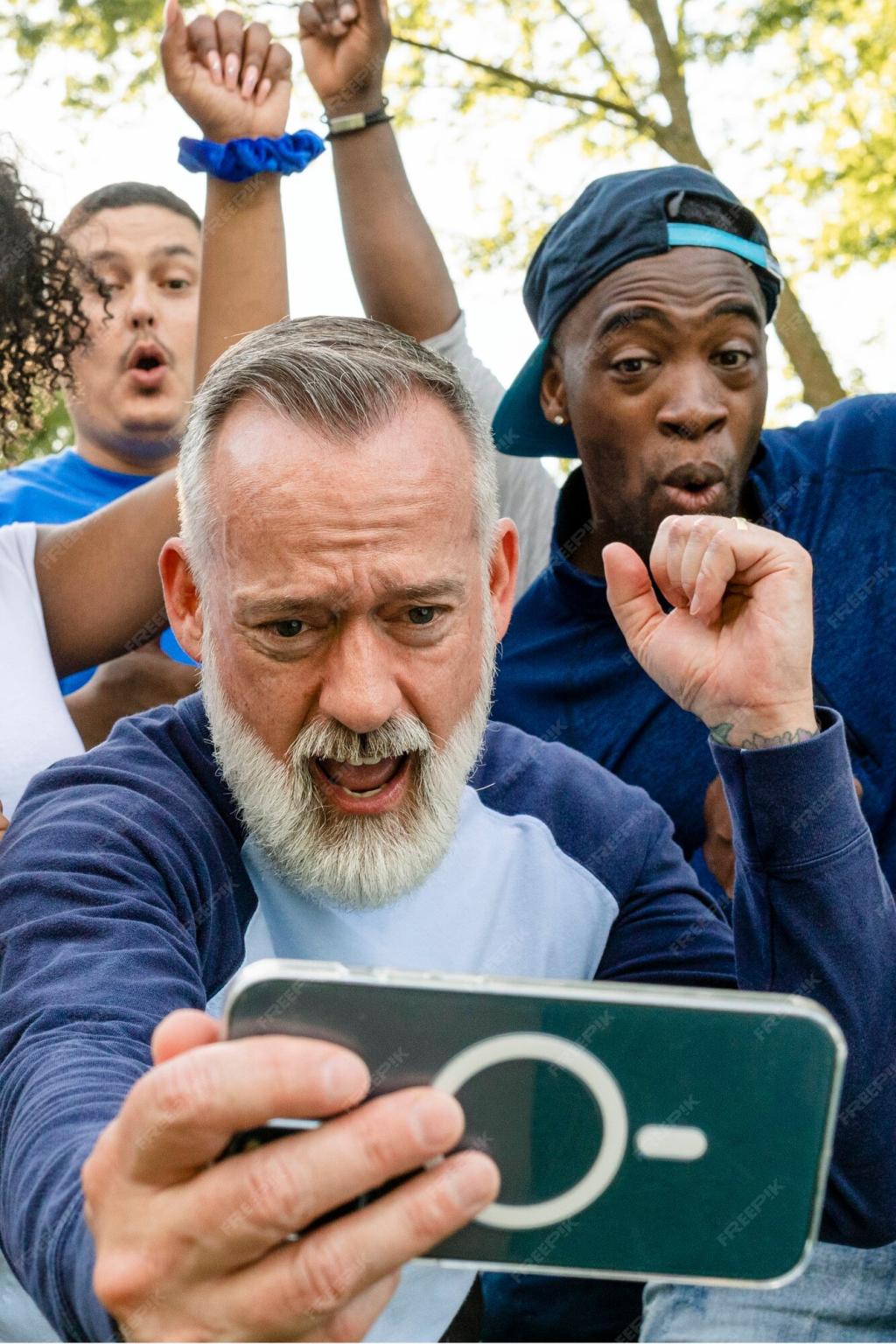
Virtual Reality and Indigenous Culture Representation: Stories You Can Step Into
Chosen theme: Virtual Reality and Indigenous Culture Representation. Explore how immersive worlds, community-led design, and living protocols bring Indigenous knowledge, languages, and identities to life—with care, respect, and wonder.

Why Immersion Changes the Story
Standing inside a virtual longhouse or desert night sky, you experience presence that words cannot deliver. Embodied perspective fosters empathy, yet only when communities shape the story’s boundaries and purpose.
Why Immersion Changes the Story
VR can move culture beyond glass cases, revealing living practices, humor, and everyday resilience. Instead of objects, you meet mentors, languages, and protocols that breathe, instruct, and invite reciprocal respect.



Ethics, Protocols, and Data Sovereignty
Consent happens before recording and continues after release, including the right to withdraw materials, adjust scenes, or add warnings. Flexible agreements acknowledge that communities’ priorities evolve over time.


Co-Design: Building VR With Communities
Start with listening. Story circles, guidance from Elders, and protocol keepers ensure accuracy and relational accountability. Designers translate teachings into interactivity without flattening complexity or sacred dimensions.
Co-Design: Building VR With Communities
Field tests occur where stories live—on the land, in community halls, and language classrooms. Feedback sessions surface cultural nuances, accessibility needs, and better metaphors for movement, sound, and presence.

Place names spoken in place
Imagine learning place names while standing at the virtual shoreline as waves arrive in time with syllables. Spatialized audio and gesture prompts make pronunciation a shared, embodied memory.

Youth-led creation and intergenerational exchange
When youth handle cameras and headsets alongside Elders, knowledge flows both ways. Young creators adapt tools; Elders anchor story integrity, ensuring continuity and pride across generations.

Classroom integration and teacher supports
Educators need lesson plans, offline versions, and cultural context guides. VR modules paired with reflection activities and community guest speakers deepen learning beyond the headset session.
Access, Hardware, and Inclusive Design

Compression, baked lighting, and minimal downloads keep experiences smooth in remote areas. Offline narration tracks and translations ensure learning continues without constant internet connectivity.
Future Horizons: Indigenous Futurisms in XR
Beyond photorealism: relational design
Representation is not only about pixels. Interfaces can follow kinship systems, seasonal cycles, and protocol paths, guiding users through choices that emphasize responsibility over spectacle.
Environmental stewardship in virtual worlds
Simulated ecosystems can teach reciprocity, showing consequences of actions across time. Players witness regeneration when they follow teachings, reinforcing land care beyond the headset.
Join the circle: subscribe and share your voice
Subscribe for stories, maker guides, and community spotlights. Share your questions, experiences, or projects, and tell us which themes you want explored next with respectful collaboration.
